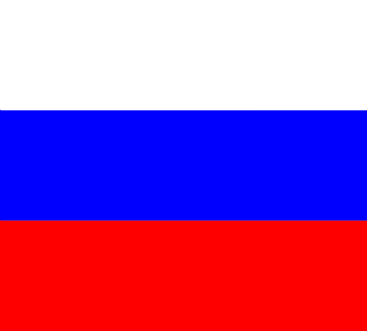Mr. President, May 12th marks the twenty-fifth anniversary of the founding of one of the most significant human rights groups of the 20th century, the Moscow Group to Monitor Implementation of the Helsinki Final Act. On August 1, 1975, the United States, Canada, and thirty-three nations of Europe, including the Soviet Union, signed the Final Act of the Conference on Security and Cooperation in Europe, the Helsinki Final Act. Among the agreement’s provisions was a section devoted to respect for human rights and fundamental freedoms. The Soviet government viewing the document as a great foreign policy victory published the text, in its entirety, in “Pravda,” the Communist Party’s widely circulated newspaper. That move proved to be decisive for the cause of human rights in the Soviet Union. A small group of human rights activists in Moscow, led by Professor Yuri Orlov, read the Helsinki Accords carefully and decided to take their government at its word. On May 12, 1976, at a press conference initiated by Dr. Andrei Sakharov, the group announced the creation of the “Moscow Group for Assistance in Implementation of Helsinki Agreements,” soon to be known simply as the Moscow Helsinki Group.
Needless to say, the Soviet authorities were not pleased that a group of private citizens would publicize their government’s deplorable human rights record. The KGB swept down on the Moscow Helsinki Group and made its work almost impossible. Members were imprisoned, sent to “internal exile,” expelled from the country, slandered as foreign agents, and harassed. Despite considerable hardship and risks, members of the group persisted and their work served to inspire others to speak out in defense of human rights. Soon similar groups sprang up elsewhere in the Soviet Union dedicated to seeking implementation of the Helsinki Final Act. By 1982, the three remaining members at liberty in Moscow were forced to suspend their public activities.
Eventually, domestic and international pressure began to bear fruit and helped usher in dramatic changes under Soviet leader Mikhail Gorbachev. Political prisoners and prisoners of conscience began to be freed and longstanding human rights cases were resolved. In 1989, the Moscow Helsinki Group was reestablished by former political prisoners and human rights activists. In 1996, President Boris Yeltsin signed a decree formally recognizing the contribution of the Moscow Helsinki Group in the campaign to promote respect for human rights in Russia. Mr. President, ten years after the fall of the Soviet Union, the Moscow Helsinki Group continues to promote human rights and fundamental freedoms in the Russian Federation. Working with a network of human rights centers throughout the country, the Moscow Group provides a wide range of assistance to Russian citizens and residents seeking information about human rights. As Chairman of the Commission on Security and Cooperation, I congratulate the Moscow Helsinki Group on its 25th anniversary and wish its members the best in their continued endeavors. Thank you, Mr. President. I yield the floor.





